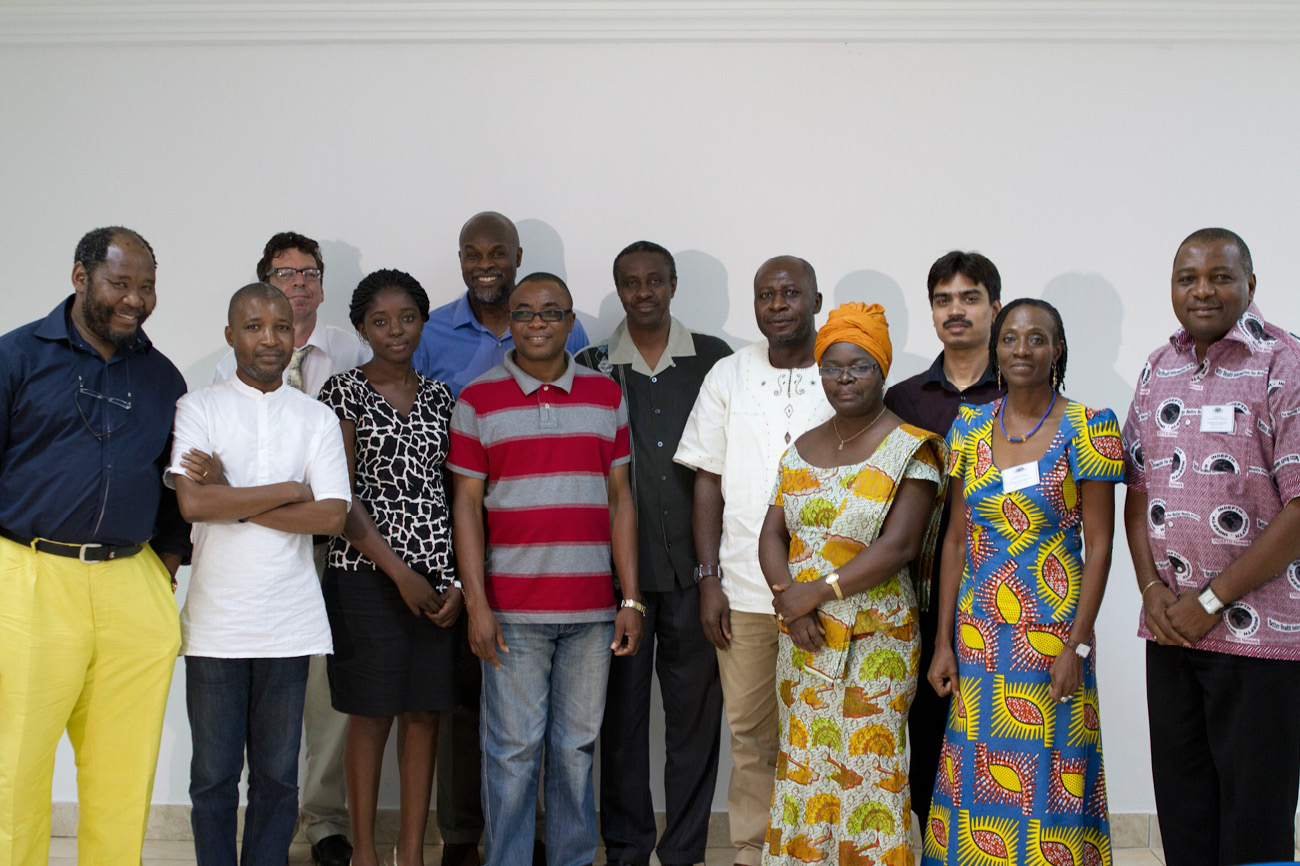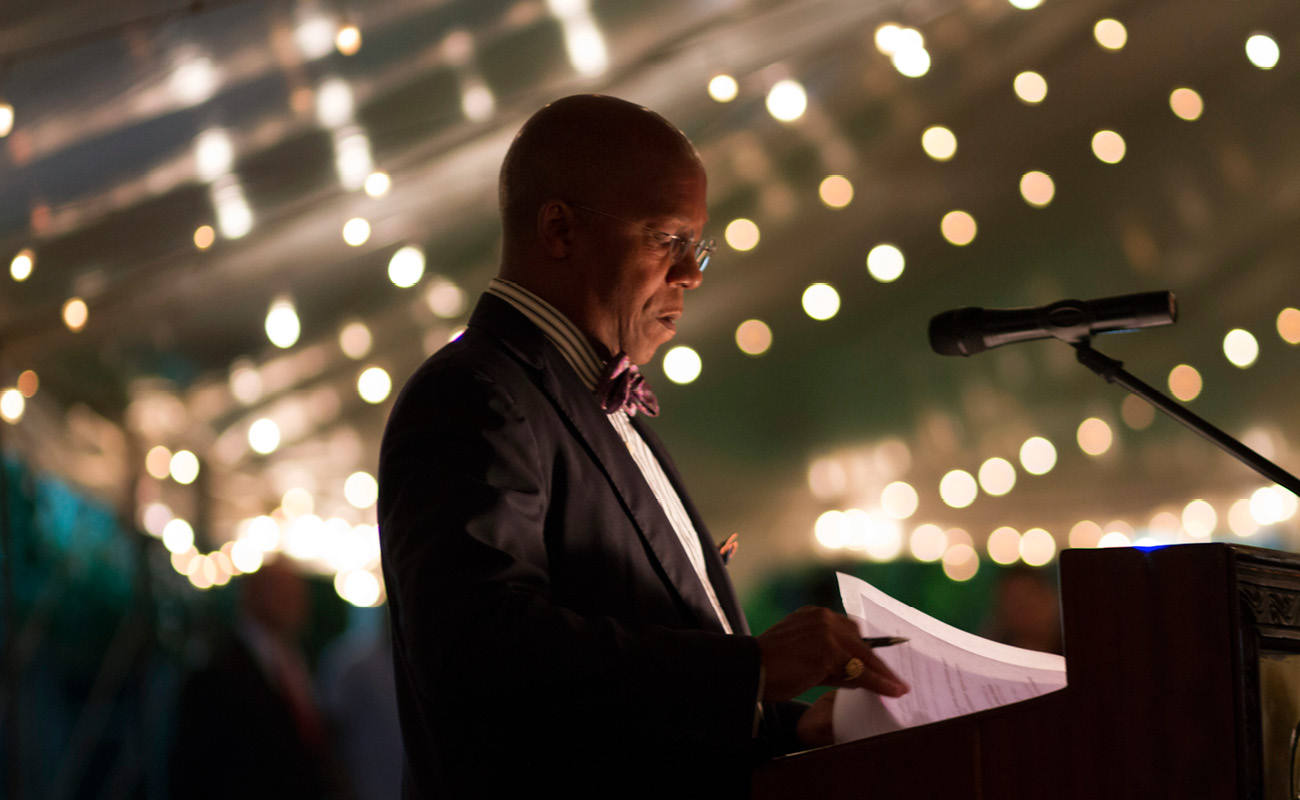African Independence
African Independence
How Africa Shapes the World
Tukufu Zuberi
ROWMAN & LITTLEFIELD
Lanham Boulder New York London
Published by Rowman & Littlefield
A wholly owned subsidiary of The Rowman & Littlefield Publishing Group, Inc.
4501 Forbes Boulevard, Suite 200, Lanham, Maryland 20706
www.rowman.com
Unit A, Whitacre Mews, 26-34 Stannary Street, London SE11 4AB, United Kingdom
Copyright 2015 by Rowman & Littlefield
Illustrations copyright 2015 Accra E. Zuberi
Photos copyright Jabari Zuberi/TZ Production Company
All rights reserved. No part of this book may be reproduced in any form or by any electronic or mechanical means, including information storage and retrieval systems, without written permission from the publisher, except by a reviewer who may quote passages in a review.
British Library Cataloguing in Publication Information Available
Library of Congress Cataloging-in-Publication Data
Zuberi, Tukufu, author.
African independence : how Africa shapes the world / Tukufu Zuberi.
pages cm
Includes bibliographical references and index.
ISBN 978-1-4422-1641-9 (cloth : alk. paper) ISBN 978-1-4422-1643-3 (electronic)
1. AfricaHistory20th century. 2. AfricaHistory21st century. 3. AfricaPolitics and government1960 4. AfricaForeign relations1960 5. AfricaColonial influence. I. Title.
DT31.Z83 2015
960.3'2dc23
2015008575
 The paper used in this publication meets the minimum requirements of American National Standard for Information SciencesPermanence of Paper for Printed Library Materials, ANSI/NISO Z39.48-1992.
The paper used in this publication meets the minimum requirements of American National Standard for Information SciencesPermanence of Paper for Printed Library Materials, ANSI/NISO Z39.48-1992.
Printed in the United States of America
This book is dedicated to
Naima Margaret Zuberi
On her first birthday in
The hope that her bright
Eyes may one day see
The world
I dream.
Contents
Acknowledgments
A book, like a film, is best when created in collaboration with others. This book benefited from several conversations and conferences with other scholars, activists, revolutionaries, freedom fighters, and artists, who helped me develop my thoughts.
Dr. Tamara K. Nopper read each chapter and provided me with important bibliographical, editorial, and substantive suggestions. Drs. Amson Sibanda, Alden Young, Clemmie L. Harris, and Tiffany R. Patterson read every page and gave me invaluable comments. Drs. Vaniclia Silva Santos and Rogaia Mustafa Abusharaf gave me important comments on selected parts of the manuscript, which greatly improved the text. Professor Michael Hanchard took valuable time from his research leave to read each chapter of the final version of the manuscript. His comments were crucial in my avoiding big gaps and hopefully helped in my final organization of the book.
I organized a conference on the social, political, and economic conditions in Africa from World War II through the periods of independence and the Cold War, which was held at the University of Pennsylvania and sponsored by the Center for Africana Studies and The Annals of the American Academy of Political and Social Science . This conference served as the basis for a special volume of The Annals , entitled Perspectives on Africa and the World, and both the volume contributors and the presenters at the conference gave me important direction for the completion of the film and this book.
Films, unlike books, require a team. I was fortunate to work with several people over the past years on this project. The long credits following the film attest to the fact that I did not make the film on my own.
In part my ability to make the film and do the interviews for this book resulted from my work and collaborations on the African continent. These working relationships have been both academic and political. Examples of my academic and political collaborations are reflected in my work with Dr. Osman Sankoh, executive director of INDEPTH Network, and Professor Ayaga A. Bawah, also of INDEPTH Network; Pali Lehohla, statistician general of South Africa; and Dr. Collins Opiyo, director of population and social statistics of Kenya. Likewise, my participation in the African Presidential Roundtables organized by Ambassador Charles Stith enhanced my contact with African leaders. All these individuals and institutions helped me in critical and important ways in the production of this project. Finally, I must thank all of my colleagues at the University of Pennsylvania, especially those in the Department of Sociology and the Center for Africana Studies who have been so vital in my research. President Amy Gutmann has continued to support this project as it developed from an idea into the film and this book. Thanks also to Astrid Liliana Angulo Cortes for her inspiration.

Speaking with African leaders at the African Presidential Roundtable in Dar es Salaam, Tanzania, 2010. Screenshot from African Independence .
With the ACAP and INDEPTH teams in Accra, Ghana, left to right, are Mr. Pali Lehohla, Dr. Alioune Diagne, Mr. Timothy Cheney, Ms. Samuelina Arthur, Dr. Tukufu Zuberi, Dr. Ayaga Bawah, Dr. Cheikh Mbacke, Dr. Martin Bangha, Dr. Philomena Nyarko, Mr. Somnath Sambhudas, Ms. Jeannette Quarcoopome, and Dr. Osman Sankoh, 2011. Jabari Zuberi/TZ Production Company.
US ambassador to Tanzania Charles Stith (19982001) speaks at the African Presidential Roundtable in Dar es Salaam, Tanzania, 2010. Jabari Zuberi/TZ Production Company.
Jabari Zuberi and Accra E. Zuberi were essential in the production of the book and the film. Jabari has been my travel companion, creative director, editor, and much more in the production of the film and the photos for Accra provided the graphics that appear as the book cover, in the book, and in the film. She is also responsible for each of the maps. The political context of each map resulted from our conversations and studies of historical maps. For some reason we have been engaged in a conversation about maps that has continued for as long as I can remember. It is truly a pleasure to be related to such creative people as Jabari and Accra.
The above individuals and institutions gave me many ideas and corrections that I was able to make thanks to their expert assistance. For the mistakes that remain, I take sole responsibility.
Introduction
I believe the inclusion of Africa in human history to be scientifically sound and necessary for logical social conclusions. In order to understand the world, we must understand Africa. The major events of the past require a more robust understanding of the events that have shaped the outcomes of history. Consider this: we cannot understand World War II, the fights against colonial domination, the Cold War, or the war against terrorism without a better understanding of Africa. I remind the reader that Africa has played a major role in human history and suggest that it is impossible to understand the present condition of humanity, or our future, without a consideration of Africa. Likewise, I firmly believe that African history is meaningless outside of the context of world history. By looking at the independence movement, we learn how events in Africa shape the world.
Africa is not only the cradle of all mankind but, unsurprisingly, also home to some of the worlds most ancient civilizations. Over a billion people live in Africa, speaking some two thousand languages and dialects and living in some fifty-three different countries. Africa is so vast that you could put the landmasses of China, India, Argentina, New Zealand, and the continental United States within it and still not fill the entire continent. Africa stretches about five thousand miles from Cape Blanc in Tunisia to Cape Agulhas in South Africa and is divided into Southern, East, Central, West, and North Africa. The Sahara is the largest desert in the world, yet the vast stretch of African savannah land that spreads across twenty-five countries has the potential to turn several of its nations into major global economic players. While Africa is geographically one continent, politically, culturally, economically, and socially, it is more diverse than Europe, Asia, or the Americas. African mineral deposits are some of the largest and richest in the world, and the potential in Africa for the discovery and development of mineral resources is immense. Africa supplies over half the worlds diamonds, as well as large quantities of gold, uranium, platinum, and copper.
Next page
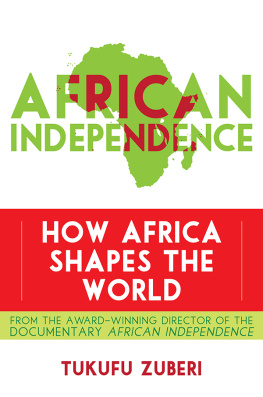
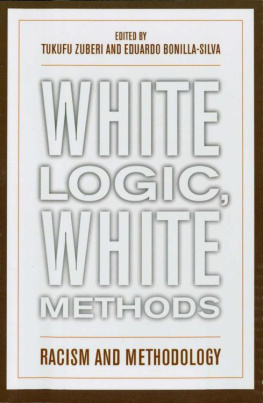



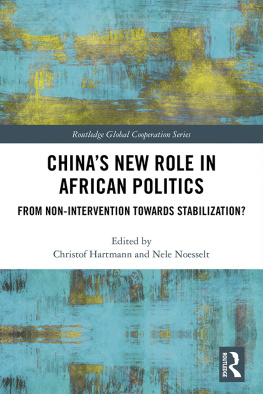
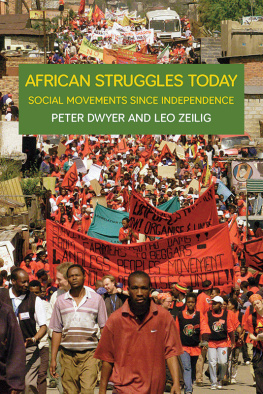
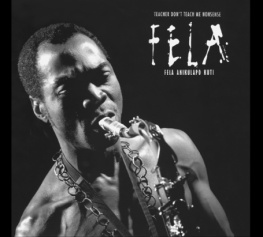
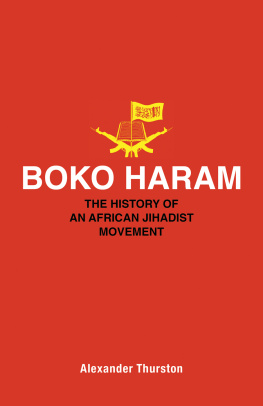
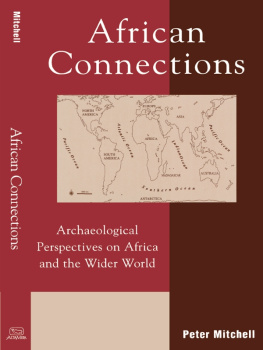
 The paper used in this publication meets the minimum requirements of American National Standard for Information SciencesPermanence of Paper for Printed Library Materials, ANSI/NISO Z39.48-1992.
The paper used in this publication meets the minimum requirements of American National Standard for Information SciencesPermanence of Paper for Printed Library Materials, ANSI/NISO Z39.48-1992.
